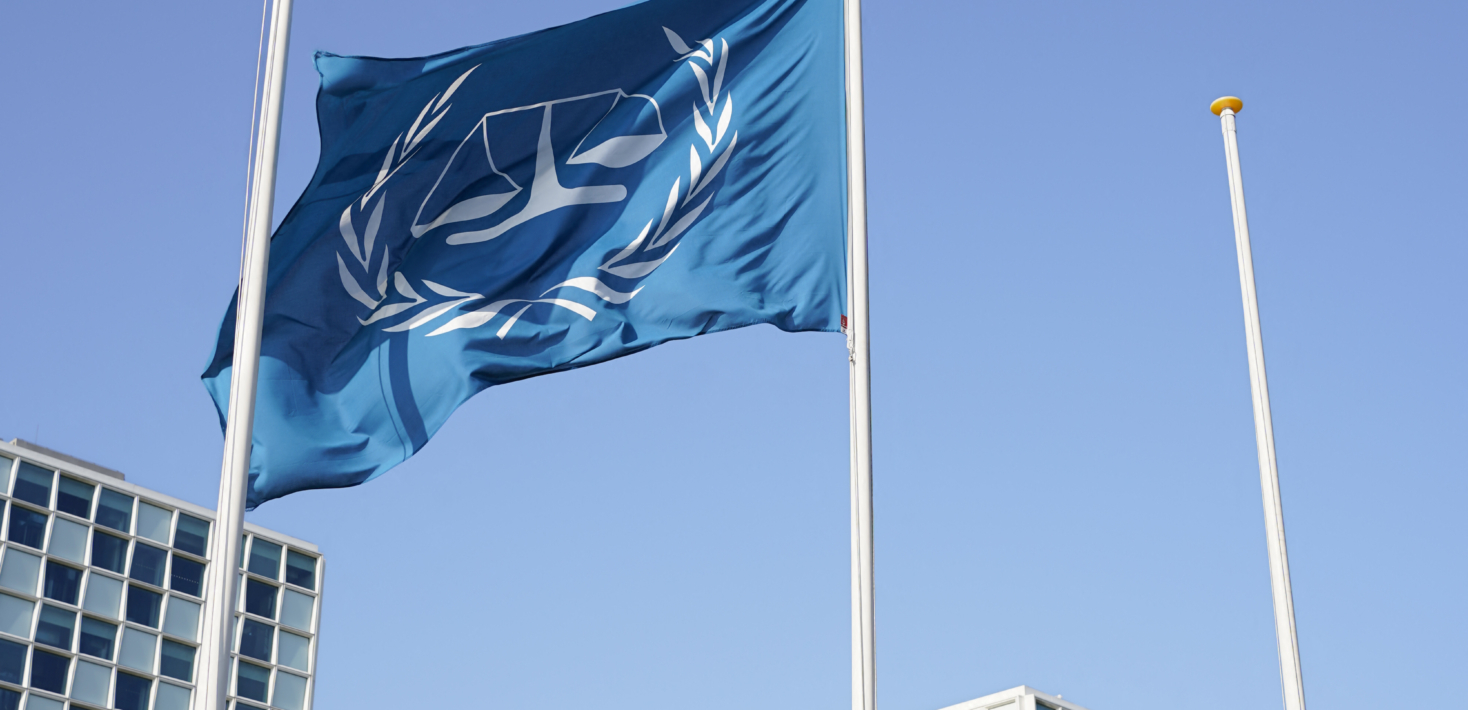Statement of the Philippine Coalition for the International Criminal Court (PCICC)
The conviction of a Police Colonel Dante Lubos who killed Ryan Dave Almora in his home in 2016 in the context of the drug war is a welcome development, though it came 9 years after the crime was committed. Convictions remain limited to a few cases, with no one so far involving killings in Visayas and Mindanao.
Domestic accountability of those responsible for extrajudicial killings in the war on drugs is still too few, far too slow, and far in between, despite more than 6,200 killed during police operations. To date, convictions cover only a handful of cases, involving at most six victims.
Domestic accountability of those responsible for extrajudicial killings in the war on drugs is still too few, far too slow, and far in between, despite more than 6,200 killed during police operations. To date, convictions cover only a handful of cases, involving at most six victims.
In a report in May 2022, the Commission on Human Rights (CHR) found that police were the alleged perpetrators in 478 incidents, which involve 698 victims. In 2021, the DOJ referred 50 cases to the NBI for case buildup against 154 police officers. What has happened to these cases after three to four years? The police must now stop using Executive Order No. 2 (2016) of the Duterte Administration as an excuse not to cooperate with the CHR. The new Philippine National Police chief and President Marcos must issue the necessary directive or amendment to EO No. 2 to ensure that the CHR has access to police records and data so that the CHR can make a more complete report on the cases it has investigated, and cases may be filed in court.
The families of victims, who still live in fear and are losing hope for justice in our country, deserve to know what happened to their loved ones and those who killed them. There may even be witnesses who can provide information. PCICC demands accountability for those who pulled the trigger and transparency on whether there are other cases filed in Philippine courts so that we can monitor cases.
The findings and decision of RTC Judge Malecdan are further proof that the “nanlaban” (fought back) narrative used by police officers cannot be used as a basis for the “presumption of regularity” of the killings during police operations. It is good to note that forensic examinations by Dr. Leal and NBI agent Bacayan helped contradict the “nanlaban” and “presumption of regularity” narratives. PCICC hopes that forensic evidence will be continually used for other cases tried in Philippine courts.
It is sad to note that the “nanlaban” and “presumption of regularity” narratives have been and are still being used by high officials of government, giving the police and masked persons riding in tandem excuse for the killings, which reached up to about 30,000 under the Duterte government. The profuse dissemination of “nanlaban” and “presumption of regularity” has served for years as a tool for disinformation so that the public will accept that killing is correct and widen the support for the bloody war on drugs.
The Philippines has rejected the death penalty many years ago, and killing is not allowed by Philippine law. Killing is not the solution to fight prohibited drugs.
PCICC is very concerned that current high officials in the national government are still using their positions of power, government venues and funds that come from the people’s taxes to propagate false narratives and statements justifying their involvement in the massive and widespread killings in the bloody war on drugs.
We call for continued ICC action, including the confirmation of charges against former President Duterte, as well as the issuance of arrest warrants where warranted, so that other identified co-perpetrators are indicted and brought before the Hague for prosecution. We also hope that the Marcos government will fully cooperate with the International Criminal Court.
Atty. Ray Paolo Santiago and Dr. Aurora Corazon A. Parong
Co-Chairpersons of the Philippine Coalition for the International Criminal Court (PCICC)


